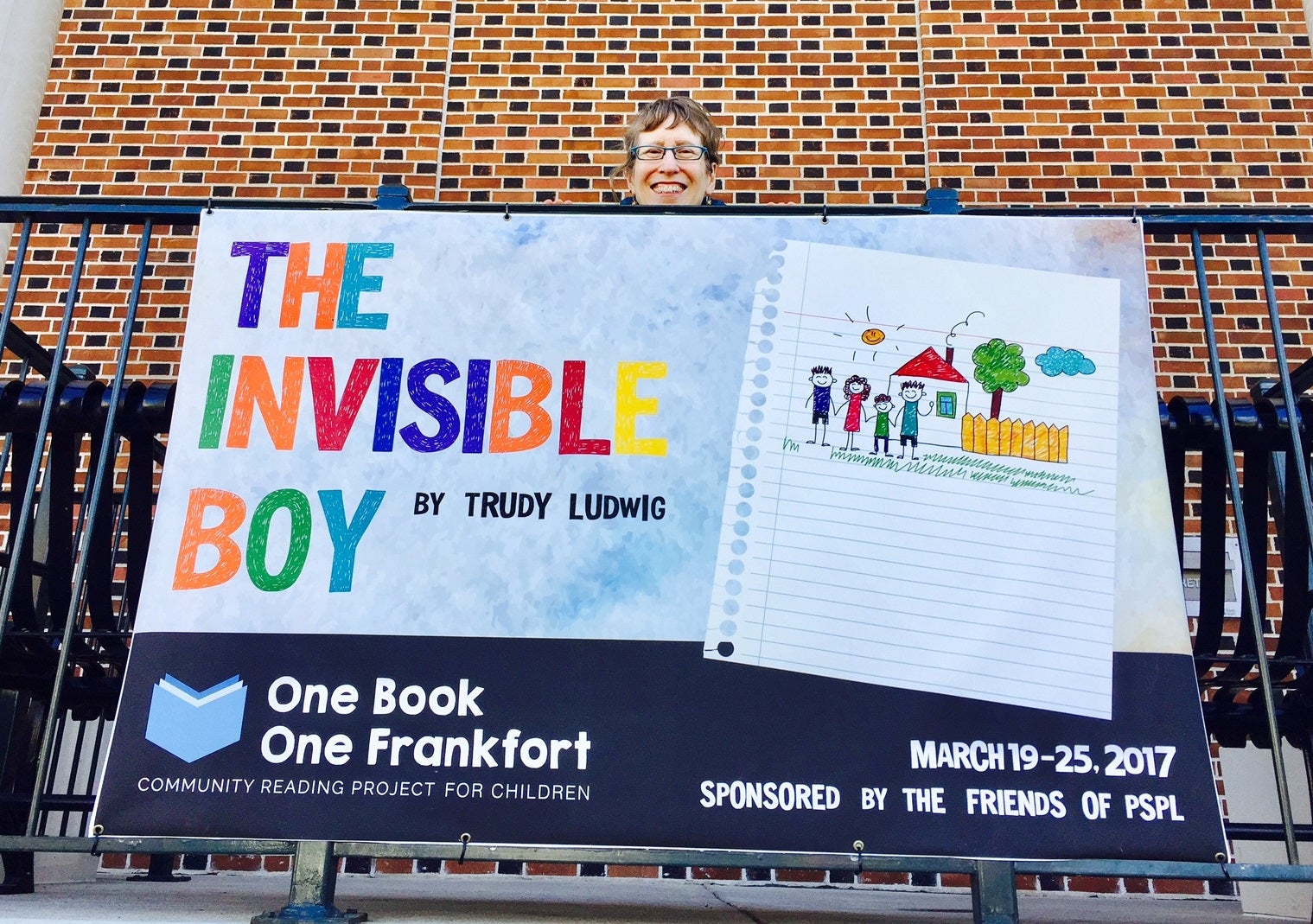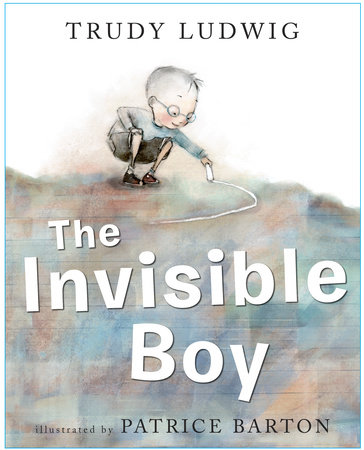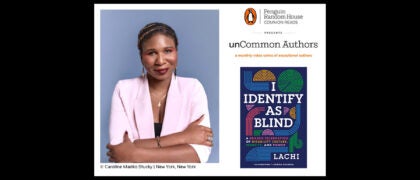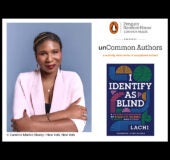The Invisible Boy Promotes Kindness in Kentucky’s One Book One Frankfort for Children Project
by Trudy Ludwig, author of The Invisible Boy (Knopf Books for Young Readers, October 2013)
It’s one thing for an author to write a story that she has a strong need to share. It’s quite another for her to experience in person how that story has impacted a community of kids, parents, and educators who’ve read it. And that’s exactly what I got to do recently as the featured author of the 2017 One Book One Frankfort for Children community reading project in Kentucky.
This project, sponsored by the Paul Sawyier Public Library and the Friends of the Library, made it possible to purchase 650 books of The Invisible Boy for distribution to all 2nd grade students in Franklin city, county, and private schools, along with interested homeschoolers. It also funded my author visit, giving me the opportunity to present to the students and answer their questions in person. I wrapped up my multi-school visit with a special evening parent presentation, “Understanding Our Kids’ Offline & Online Social World: Friendships, Cliques & Power Plays.”
“A simple act of kindness can transform an invisible boy into a friend…”
One Book One Frankfort 2017
As I shared with the Frankfort community, we all have a fundamental need to belong and feel connected and valued by our peers. Yet social exclusion is something that most of us experience at some point in our lives. Who hasn’t felt invisible at school, work, or some social gathering they’ve attended? And this feeling of isolation can be highly distressing and problematic — especially for children.
Social exclusion is a topic I’ve personally thought a lot about and researched before writing The Invisible Boy. It’s a fact of life we’re not all going to be on the “A” list. Some of us will be more popular and have more friends than others. But what concerns me is how hurtful social ostracism can be for young children: not playing with certain kids or making fun of them for being weird or different; shy, quiet, or sensitive children who, for whatever reason, have been overlooked or cast aside by peers and adults in their world.
The reality is that we’re not going to get rid of all the hurt in our children’s social world. What we can do, however, is help them get through the hurt with their dignity, safety, and well-being intact. We can also teach empathy and compassion by being good role models ourselves and using children books, as Frankfort, KY, had done with The Invisible Boy, to generate thoughtful discussions on the importance of kindness, acceptance, and inclusion. It’s all about showing, not just telling, children how they have the power to choose kind by simply reaching out to peers in small, safe, and easy ways to make others feel valued and appreciated. While we all may not be “Best Friends Forever” or even friends at best, we still need to acknowledge one another’s presence and treat each other with civility and respect.
Check out The Invisible Boy Educators’ Guide






